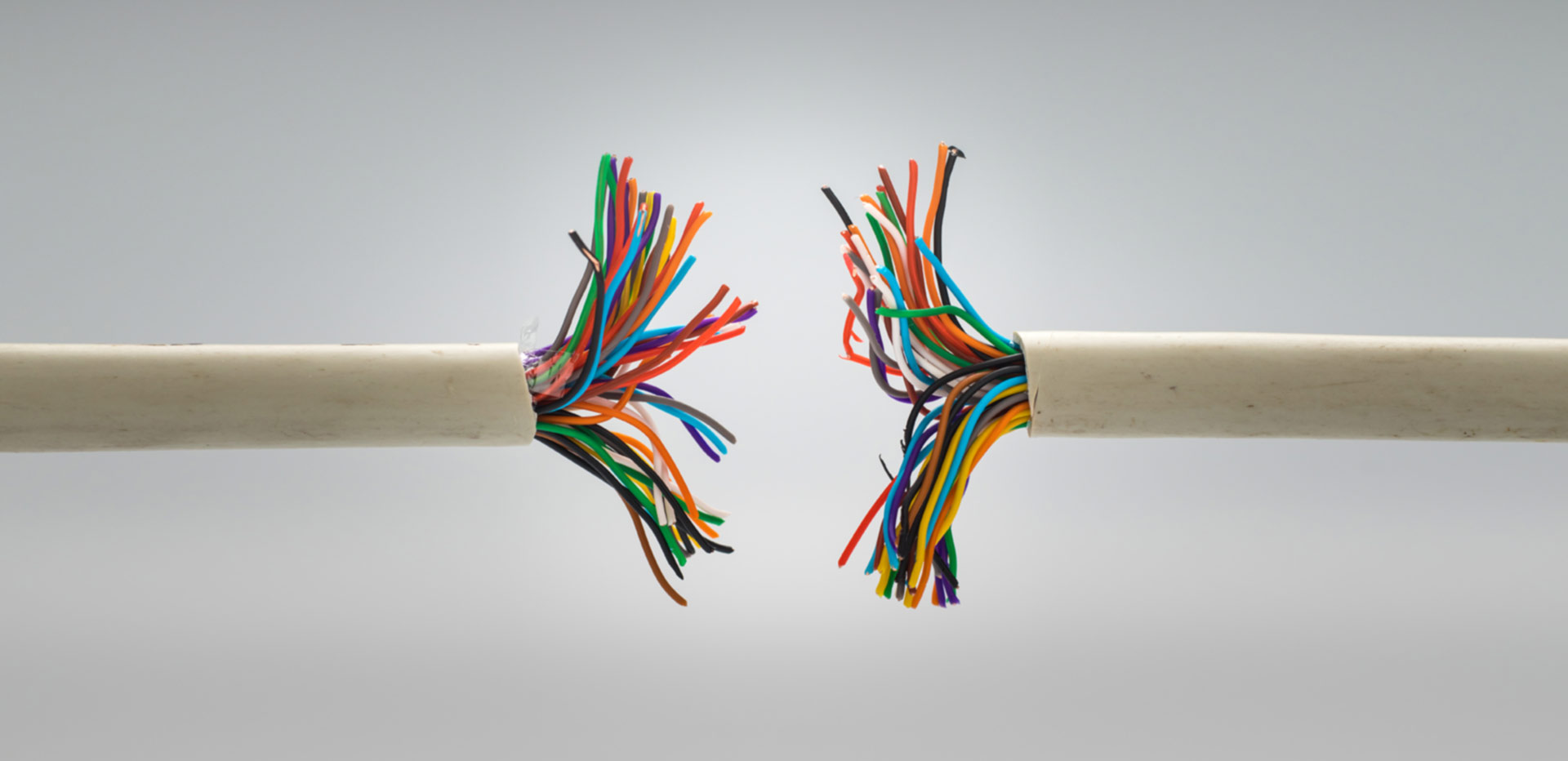Experienced criminal antitrust lawyers in the last few years have observed major changes in policies and procedures at the U.S. Department of Justice Antitrust Division. These changes have led to uncertainty and shaken the trust between defense attorneys and prosecutors, affecting the advice defense attorneys provide to their clients in Division investigations and prosecutions. Specifically, among other things, the Division has largely abandoned its long-standing practice of providing targets of investigations with notice and an opportunity to be heard by Division management in the front office; burdened leniency applicants with an obligation to “promptly” report and to make consensual recordings; made clear that current employees of Type B leniency applicants will no longer presumptively be included in the company’s leniency; criminalized conduct that for decades had been treated civilly; and in at least two cases indicted individuals who believed their cooperation was going to result in an agreement from DOJ not to prosecute them. The significant uncertainty perceived by the antitrust bar as to the Division’s intentions does a disservice to potential targets who face life-altering consequences as a result of the Division’s enforcement decisions, and makes the Division’s investigations and prosecutions less effective and ultimately less successful.
By Katie Hellings, Dan Shulak & Doug Tween[1]
Experienced criminal antitrust lawyers in the las
...THIS ARTICLE IS NOT AVAILABLE FOR IP ADDRESS 216.73.216.213
Please verify email or join us
to access premium content!

